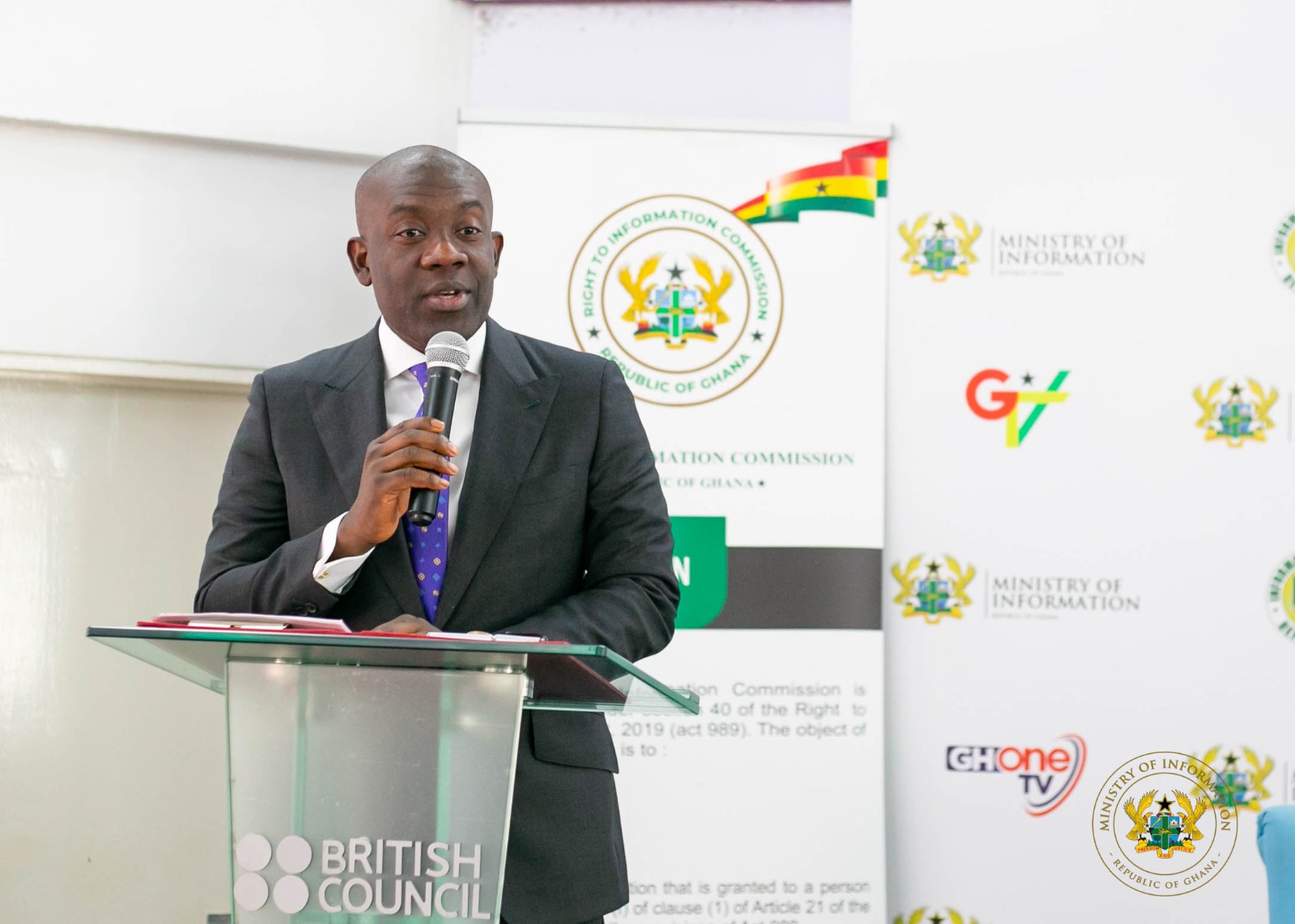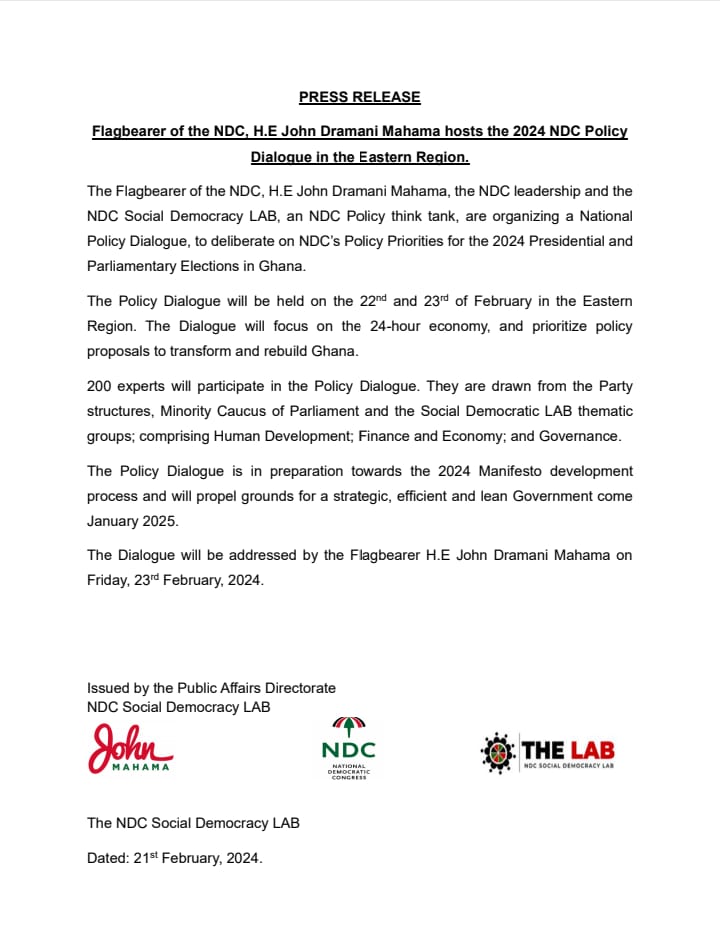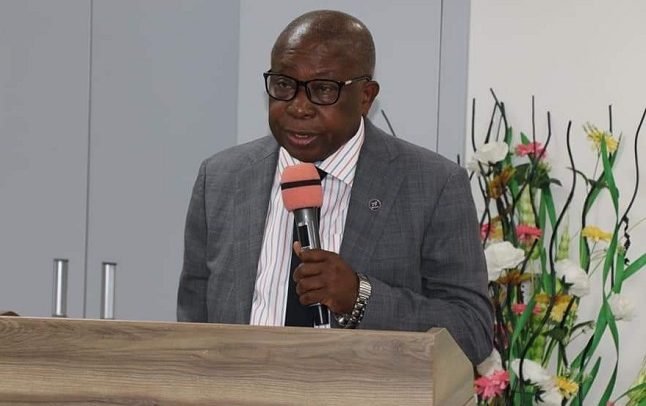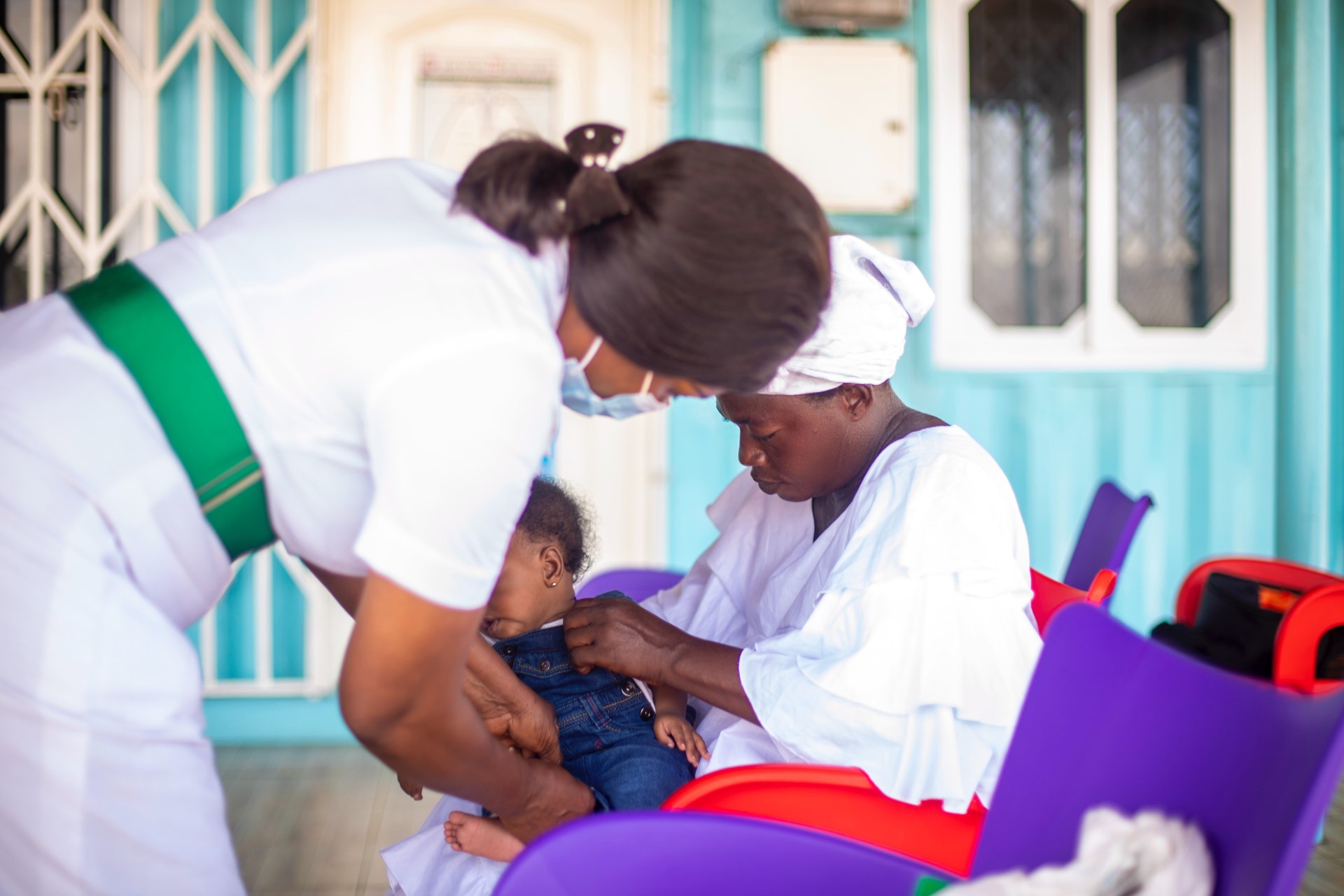
The Ministry of Employment and Labour Relations (MERL) is developing a National Labour Migration Policy (NLMP) to improve and harness the benefits of labour migration for the socioeconomic development of the country.
The Policy when implemented would strengthen systems for the protection and empowerment of migrant workers and their families.
Speaking on the importance of the Policy at a workshop in Accra on Thursday, Mr Ernest Berko, a Deputy Director of Policy Planning Monitoring and Evaluation of the MERL, noted that although a policy on migration was developed in 2016, specific issues on labour migration were not adequately addressed.
"Recent reportage of abuse of Ghanaian labour migrants in Libya and Gulf States has given rise to the development of a new National Policy", Mr Berko said.
"The Policy would ratify the International instruments on labour migration and enhance coherence by involving all stakeholders including the State and Societal actors in the formation of legislative instruments and policies on labour migration governance",
"It would establish and implement stiffer penal systems to deal with private employment agencies and government officials that violate rules governing fair and ethical recruitment", he added.
Mr Berko further mentioned that the Policy would ensure bilateral and multilateral labour migration agreements and or MOUs between Ghana and labour receiving countries or employers with focus on decent working conditions, training of migrant workers and mechanisms for addressing violation of migrants' rights.
It will be recalled that the Ministry of Employment in 2017 placed a temporary ban on agencies from recruiting Ghanaians for domestic work in the Gulf States.
Speaking to newsmen on the ban, Mr Eugene Narh Korletey, Head of the Labour Department cautioned citizens to be wary of fake labour recruitment agencies who place adverts on radio and other media since the ban is still in force while the Policy is being developed.
According to him Ghana has laws governing how to migrate overseas to work. Specifically, Labour Act 2003 (Act 651) outlines rules of engagement of labour.
Mr Korletey explained that labour recruitment agencies after registering at the Registrar Generals Department also need a signed Private Employment Certificate from MERL to operate legally.
Touching on the importance of harnessing the potential of the youth, Madam Sylvia Lopez-Ekra, Head of Mission of the International Organization of Migration Ghana (IOM) revealed that Africa has one the worlds' youngest population and Ghana is not an exception.
She said "If engaged constructively, the youth will contribute immensely to the development of the continent and our countries will realize the demographic dividend".
"It is therefore imperative to facilitate safe and regular means for youth who are seeking to work abroad especially in the context where youth employment, the dominance of informal employment as well as under-employed continue to create strong push for migration", she added.
For her part, Professor Mariama Awumbila at the Centre for Migration Studies of the University of Ghana emphasised that labour migration is expected since the country is still developing.
"Labour Migration has a lot of potential for Ghana's development. We need to brainstorm to harness the positive aspects of migration especially within the context of International policies such as the Global Compact on Migration (GCM), Sustainable Development Goals (SDGs), Africa Vision 2063. They are all focusing on employment and decent work for both men and women", Prof Awumbila stated.
The workshop was held on the theme "Promoting International Professional Labour Mobility for Decent Jobs: The Role of the Ghana Employment Service".
Hits: 54
Read Full Story

















Facebook
Twitter
Pinterest
Instagram
Google+
YouTube
LinkedIn
RSS